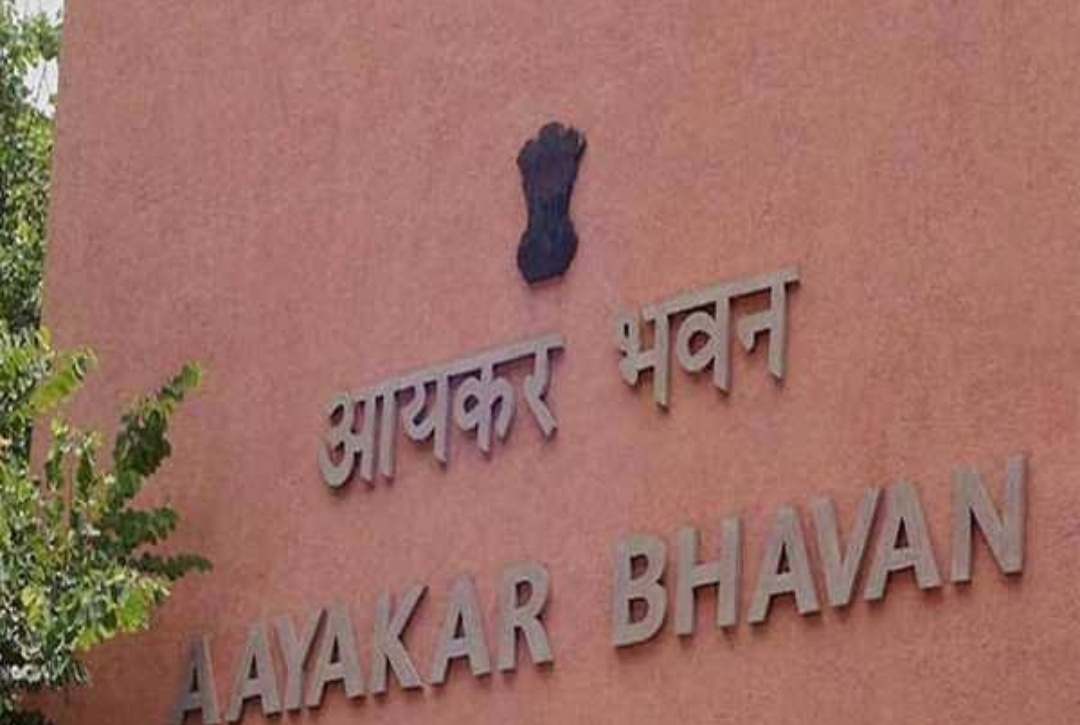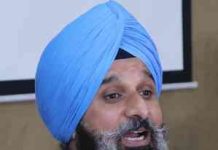 In its latest communiqué, the Central Board of Direct Taxes (CBDT) has directed all Principal Chief Commissioners of Income Tax to dispose off all pending appeals for more than five years by March 31, 2020. Yet still, it is no secret that the I-T department continues to be the largest tax litigant.
In its latest communiqué, the Central Board of Direct Taxes (CBDT) has directed all Principal Chief Commissioners of Income Tax to dispose off all pending appeals for more than five years by March 31, 2020. Yet still, it is no secret that the I-T department continues to be the largest tax litigant.
As per the available data, there were 96,850 appeals pending for over three years on April 1, 2019. Out of these, only 19,768 had been disposed off till the end of November 30, 2019. Similarly 31, 325 appeals were pending for over five years till April 1, 2019. Out of these 7,597 had been disposed off by November 30, 2019. Similarly, as per data provided by ITBA, out of opening balance of 31,325 of appeals pending for 5 years and more, only 7597 appeals had been disposed off till 30.11.2019.
Why is there mismatch between CBDT directions and the implementation and end results? The procedural delays or something else? This is the litigation process-the first level of appeal is with the Commissioner (Appeals). Then, in hierarchical order, with ITAT, which is also the final fact-finding authority. If the case involves a question of law, appeals can be filed with the high courts, and a further appeal lies with the Supreme Court.
Little doubt that fewer cases are disposed off and pendency keeps on increasing. Now a circular issued on behalf of Central Board of Direct Taxes, Ministry of Finance, Department of Revenue by Abhishek Gautam, Deputy Commissioner of Income Tax on December 27, 2019 has directed that all such pending appeals for more than 5 years as on 1st April, 2019 must be disposed of without fail by 31st March, 2020. The past facts show that the results may still be disappointing. Reasons, the CBDT had issued similar instructions on May 31, 2019 for speedy disposal of pending appeals but as per data provided by ITBA, out of opening balance of 31,325 of appeals pending for 5 years and more, only 7597 appeals had been disposed of till 30.11.2019. As per the data, there were 96,850 appeals pending for over three years on April 1, 2019. Out of these, only 19,768 had been disposed off till the end of November 30, 2019. Similarly 31, 325 appeals were pending for over five years till April 1, 2019. Out of these 7,597 had been disposed off by November 30, 2019.
The maximum pendency is in Mumbai where 22,074 appeals were pending for three years by April 1, 2019. Out of these, 4891 had been disposed off by November 30, 2019. There were 5322 pending appeals in Mumbai for over five years till April 1,2019 of which only 1121 had been disposed of till November 30, 2019. Kolkata stood at second spot with 15,968 pending till April 1, 2019 in three years pendency category of which 2484 had been disposed off by November 30, 2019. Similarly in five years and more pendency category 4,243 appeals were pending and only 740 had been disposed off. Delhi faired much better as it had only 2514 appeals pending for three years till April 1, 2019 and out of these 818 had been disposed off by November 30, 2019. The number of appeals pending in Delhi for five years was just 644 till April 1, 2019 and by the end November 2019, 277 had been disposed off.
In early February, the Central Board of Direct Taxes set up a task force on litigation management to examine, ‘whether the Income Tax Appellate Tribunal has passed perverse or irregular orders, or where submissions of the department representative (counsel for the I-T department) have not been recorded by the ITAT’. The government-appointed task force headed by CBDT member Akhilesh Ranjan has already submitted its report on the new Direct Tax Code, which seeks to replace the existing Income Tax Act. The finance ministry had appointed Akhilesh Ranjan, Member (Legislation), and CBDT, as convenor of the task force after the retirement of Arbind Modi. Other members of the task force include Girish Ahuja (chartered accountant), Rajiv Memani (Chairman and Regional Managing Partner of EY), Mukesh Patel (Practicing Tax Advocate), Mansi Kedia (Consultant, ICRIER) and G C Srivastava (retired IRS and Advocate).
Prime Minister Narendra Modi, during the annual conference of tax officers in September 2017, had observed that the Income-Tax Act, 1961, was drafted more than 50 years ago and it needed to be redrafted. The task force was assigned to draft direct tax laws in line with the norms prevalent in other countries, incorporating international best practices, and keeping in mind the economic needs of the country.
Litigation management has rightly been the focus of the CBDT for the last few years. A few years ago, a ‘high-pitched scrutiny assessment committee’ was set up. Aggrieved taxpayers could approach this committee. The idea was to deter high-handedness by punitive measures such as transfers. However, the general perception being that the initiative has been a non-starter. Will the new circular bring any perceptible change for the better to bring down pendency of appeals or prove to be another fluke is the moot question?













